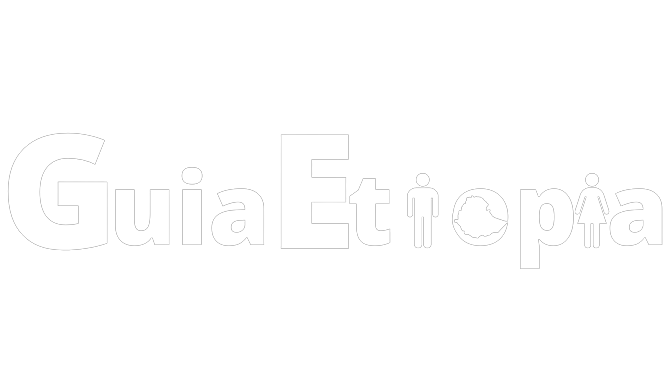Ethiopian Orthodox Easter, known as Fasika, is a deeply rooted religious observance celebrated with fasting and spiritual reflection. Travelers visiting Ethiopia during this time can immerse themselves in this unique cultural experience. Fasting, which precedes the Easter celebration, is a significant aspect of Ethiopian Orthodox tradition.
During the 55-day fasting period, adherents abstain from animal products, including meat, dairy, and eggs. Many also refrain from consuming alcohol and engaging in other indulgences as a form of spiritual purification and preparation for Easter.
For travelers, understanding and respecting these customs is essential for experiencing Ethiopian Orthodox Easter respectfully. While fasting may seem challenging, travelers can still enjoy delicious Ethiopian vegetarian dishes abundant in lentils, beans, vegetables, and grains.
Participating in Easter services and rituals, such as the solemn Good Friday procession or the vibrant Easter Sunday Mass, offers travelers a profound insight into Ethiopia’s rich religious heritage. However, it’s essential to be mindful of local customs and dress modestly when attending religious ceremonies.
Moreover, travelers should be aware that during Easter, some shops and restaurants may have limited hours or be closed altogether, so planning ahead is advisable. Despite these adjustments, experiencing Ethiopian Orthodox Easter fasting enriches any traveler’s cultural journey, fostering a deeper understanding and appreciation of Ethiopia’s spiritual traditions.


Comment (0)